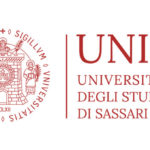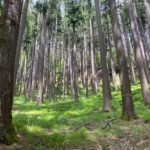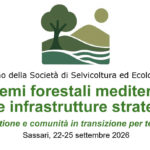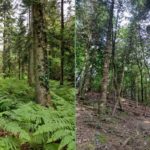Poplar and willow: from stress physiology to phytoremediation applications
PhD programme in AgroBioSciences
Poplar and willow: from stress physiology to phytoremediation applications
18th April 2014 – 11:00-13:30
Aula 3, Scuola Superiore Sant’Anna, Pisa
Fast-growing tree species, such as poplar and willow, have been studied as possible candidate in phytoremediation approaches to clean up soil or water polluted by organic and inorganic compounds. Compared to other species, these plants have several advantageous characteristics, such as deep root system, high transpiration activity and productivity. Moreover, poplar and willow can produce economically valuable non-food biomass exploitable both for wood and bioenergy production. In these seminars, different aspects of poplar and willow physiology and phytoremediation applications will be presented and discussed.
- Prof. Sabine Carpin – Université d’Orléans: A multi-step phosphorelay system in Populus probably involved in osmosensing and drought signalling
- Prof. Domenico Morabito – Université d’Orléans: Utilization of two Salix genotypes to phytostabilize soils from a post mining area containing As, Pb and Sb
- Dr. Massimo Zacchini – IBAF CNR, Monterotondo: Phytoremediation of pharmaceuticals: ibuprofen tolerance and removal capability in poplar and willow
Contact
Prof. Luca Sebastiani – l.sebastiani@sssup.it























